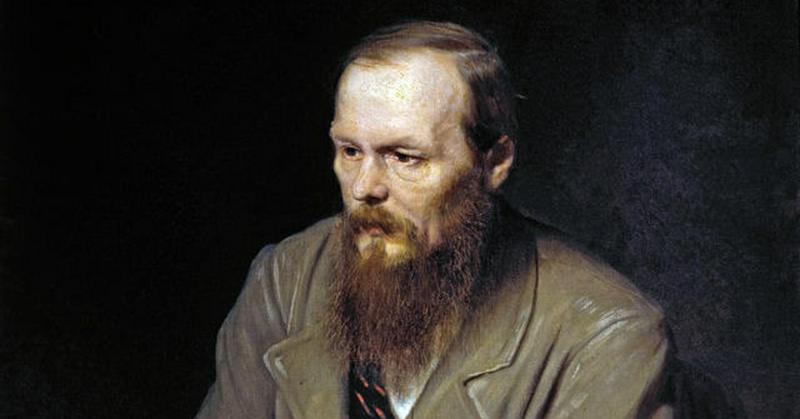The Life Of Fyodor Dostoevsky
By | January 6, 2022

Fyodor Dostoevsky was one of the most famous and respected writers of the 19th century, regarded for his philosophical leanings and psychologically complex characters. He was born in 1821 to a middle-class life but lost his mother at an early age to tuberculosis. He attended the Nikolayev Military Engineering Institute, where he begrudgingly studied engineering but was so drawn to arts and religious studies that he earned the nickname "Monk Photious." He moonlit as a writer as he worked as an engineer and published his first novel, Poor Folk, in 1846. It did well enough to encourage him to quit the military and become a full-time author.
However, during the next few years, Dostoevsky also became interested in politics and joined the Petrashevsky Circle, a small social group which shared ideas about socialism. While Dostoevsky had no political ambitions, the Russian government wasn't a fan of any talk of dissent and had the entire circle arrested. After eight long months in prison, Dostoevsky was finally released from his cell only to be walked to Semyonovsky Square, where he and the others were informed that they had been sentenced to death and were about to face the firing squad. Just as the guns went up, however, a messenger rushed in with a last-minute decree from Tsar Nicolas I sparing their lives.

At least, that's what the prisoners were meant to believe—the whole thing was a ruse. They were never sentenced to death, instead being sent to a Siberian work camp for four years, but Dostoevsky was subsequently drafted into the army, so he didn't actually return for a whole 10 years. During this time, he also began to suffer epileptic seizures, the experience of which he incorporated into one of his greatest works, The Idiot (along with depictions of facing execution). He soon moved out of Russia to explore Western Europe and hopefully avoid any further imprisonment for his ideas.
His first major classic was 1864's Notes From Underground, a novella that deals with issues of free will in society, but his most famous work, Crime And Punishment, was actually released in chunks through The Russian Messenger in 1866. While a success for the magazine, Dostoevsky didn't even make enough money to cover his debts, so his wife wound up selling much of her jewelry and valuable belongings. The next year, he released The Idiot in much the same fashion, though he eventually had to burn his manuscript to avoid issues with Russian customs upon his return to the motherland.

Dostoevsky also wrote The Possessed, A.K.A. The Demons, during this prolonged honeymoon across Europe, thus producing three of his greatest works in only about eight years. Of course, his magnum opus, the famous doorstop The Brothers Karamazov, took considerably longer, not being released until 1880. The ambitious endeavor seemed to take a toll on his health, or perhaps he held on only as long as he needed to complete it, because his seizures soon worsened, his overall health steadily declined, and he suffered a pulmonary hemorrhage on February 6, 1881 while looking for a pen holder. He was only stabilized long enough to say goodbye to his family before dying a few hours later.

